Filter by
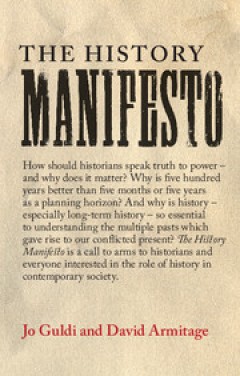
The history manifesto
How should historians speak truth to power – and why does it matter? Why is five hundred years better than five months or five years as a planning horizon? And why is history – especially long-term history – so essential to understanding the multiple pasts which gave rise to our conflicted present? The History Manifesto is a call to arms to historians and everyone interested in the role o…
- Edition
- -
- ISBN/ISSN
- 9781139923880
- Collation
- ix, 165 p. : ill
- Series Title
- -
- Call Number
- 901 GUL t
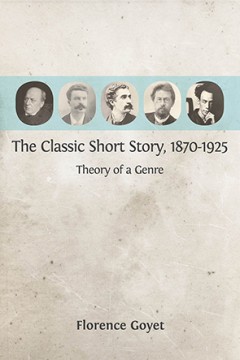
The classic short story, 1870-1925: theory of a genre
The ability to construct a nuanced narrative or complex character in the constrained form of the short story has sometimes been seen as the ultimate test of an author's creativity. Yet during the time when the short story was at its most popular—the late nineteenth and early twentieth centuries—even the greatest writers followed strict generic conventions that were far from subtle. This ex…
- Edition
- -
- ISBN/ISSN
- 9781909254770
- Collation
- 222 p. ; ill
- Series Title
- -
- Call Number
- 801.95 GOY t
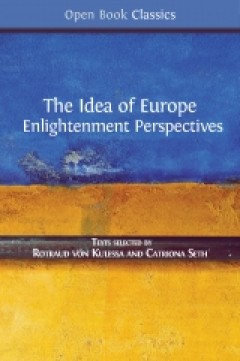
The idea of Europe: enlightenment perspectives
In view of the challenges—many of which are political—that different European countries are currently facing, scholars who work on the eighteenth century have compiled this anthology which includes earlier recognitions of common values and past considerations of questions which often remain pertinent nowadays. During the Enlightenment, many men and women of letters envisaged the continent�…
- Edition
- -
- ISBN/ISSN
- 9781783743803
- Collation
- 163 p. : ill. : ind. ; 24 cm
- Series Title
- -
- Call Number
- 940.2 IDE i
The practical origins of ideas : genealogy as conceptual reverse-engineering
Why did such highly abstract ideas as truth, knowledge, or justice become so important to us? What was the point of coming to think in these terms? In The Practical Origins of Ideas, Matthieu Queloz presents a philosophical method designed to answer such questions: the method of pragmatic genealogy. Pragmatic genealogies are partly fictional, partly historical narratives exploring what might ha…
- Edition
- -
- ISBN/ISSN
- 9780198868705
- Collation
- xi, 275 p.
- Series Title
- -
- Call Number
- 121.4 QUE t
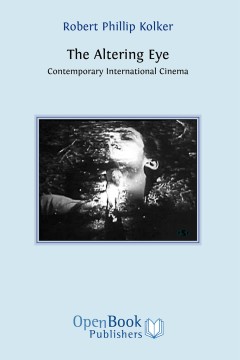
The altering eye : contemporary international cinema
The Altering Eye covers a "golden age" of international cinema from the end of WWII through to the New German Cinema of the 1970s. Combining historical, political, and textual analysis, Kolker develops a pattern of cinematic invention and experimentation from neorealism through the modernist interventions of Jean-Luc Godard and Rainer Werner Fassbinder, focusing along the way on such major figu…
- Edition
- ed.1
- ISBN/ISSN
- 9781906924058
- Collation
- xvii, 326p.: black and white, ill.
- Series Title
- -
- Call Number
- 791.4309046 THE k
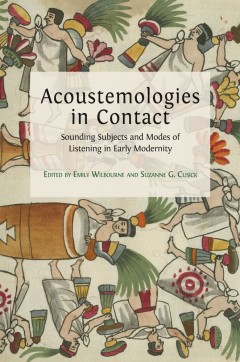
Acoustemologies in contact : sounding subjects and modes of listening in earl…
In this fascinating collection of essays, an international group of scholars explores the sonic consequences of transcultural contact in the early modern period. They examine how cultural configurations of sound impacted communication, comprehension, and the categorisation of people. Addressing questions of identity, difference, sound, and subjectivity in global early modernity, these authors s…
- Edition
- -
- ISBN/ISSN
- 9781800640375
- Collation
- 348p.: col.,ill.
- Series Title
- -
- Call Number
- 534 WIL a
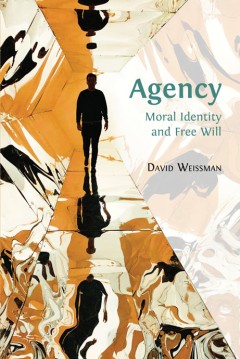
Agency: Moral Identity and Free Will
There is agency in all we do: thinking, doing, or making. We invent a tune, play, or use it to celebrate an occasion. Or we make a conceptual leap and ask more abstract questions about the conditions for agency. They include autonomy and self-appraisal, each contested by arguments immersing us in circumstances we don’t control. But can it be true we that have no personal responsibility for …
- Edition
- -
- ISBN/ISSN
- 9781783748778
- Collation
- 210 p. : 2 B&W illustrations.
- Series Title
- -
- Call Number
- 123.5
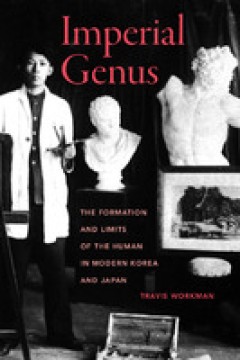
Imperial genus : the formation and limits of the human in modern Korea and Japan
"Imperial Genus begins with the turn to world culture and ideas of the generally human in Japan’s cultural policy in Korea in 1919. How were concepts of the human’s genus‑being operative in the discourses of the Japanese empire? How did they inform the imagination and representation of modernity in colonial Korea? Travis Workman delves into these questions through texts in philosophy, lit…
- Edition
- -
- ISBN/ISSN
- 9780520964198
- Collation
- vii, 307 p. : ill,
- Series Title
- -
- Call Number
- 951.903 WOR i
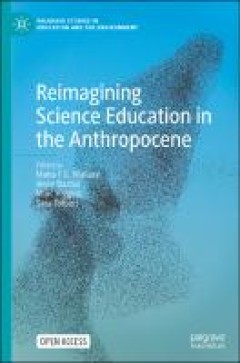
Reimagining science education in the anthropocene
This open access edited volume invites transdisciplinary scholars to re-vision science education in the era of the Anthropocene. The collection assembles the works of educators from many walks of life and areas of practice together to help reorient science education toward the problems and peculiarities associated with the geologic times many call the Anthropocene. It has become evident that sc…
- Edition
- -
- ISBN/ISSN
- 9783030796228
- Collation
- xx, 375 p. : ill.
- Series Title
- Palgrave Studies in Education and the Environment
- Call Number
- 507.1 HIG r
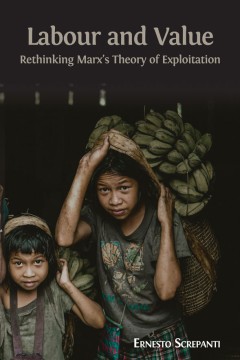
Labour and value : rethinking Marx's theory of exploitation
In this book Ernesto Screpanti provides a rigorous examination of Marx’s theory of exploitation, one of the cornerstones of Marxist thought. With precision and clarity, he identifies the holes in traditional readings of Marx’s theory before advancing his own original interpretation, drawing on contemporary philosophy and economic theory to provide a refreshingly interdisciplinary exegesis. …
- Edition
- -
- ISBN/ISSN
- 9781783747818
- Collation
- 144 p. : ill.
- Series Title
- -
- Call Number
- 179.8 SCR l
 Computer Science, Information & General Works
Computer Science, Information & General Works  Philosophy & Psychology
Philosophy & Psychology  Religion
Religion  Social Sciences
Social Sciences  Language
Language  Pure Science
Pure Science  Applied Sciences
Applied Sciences  Art & Recreation
Art & Recreation  Literature
Literature  History & Geography
History & Geography